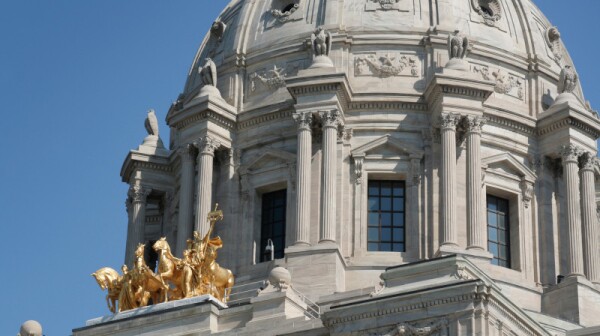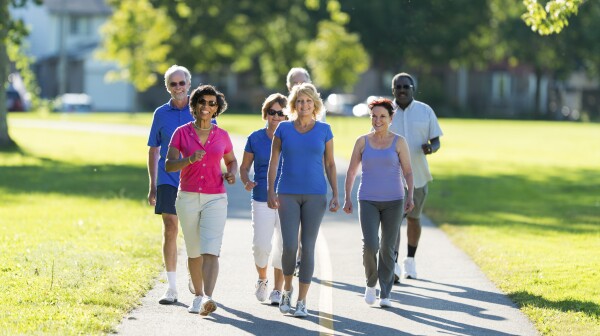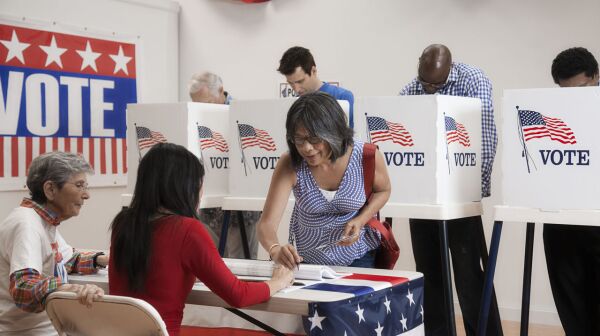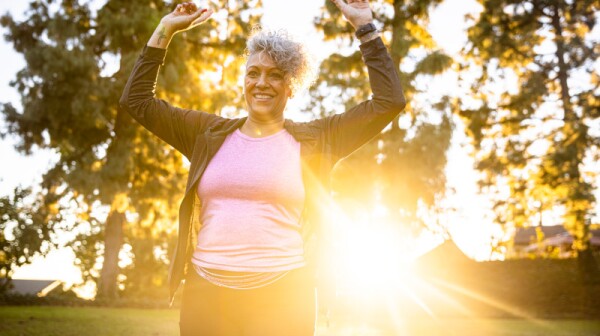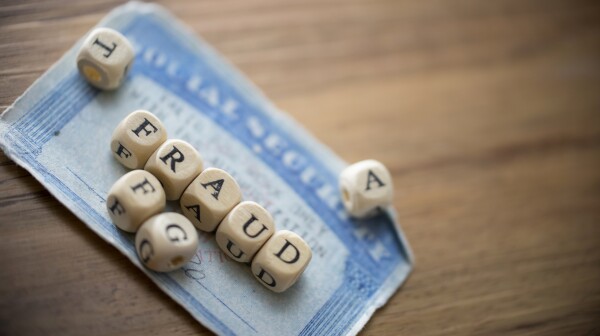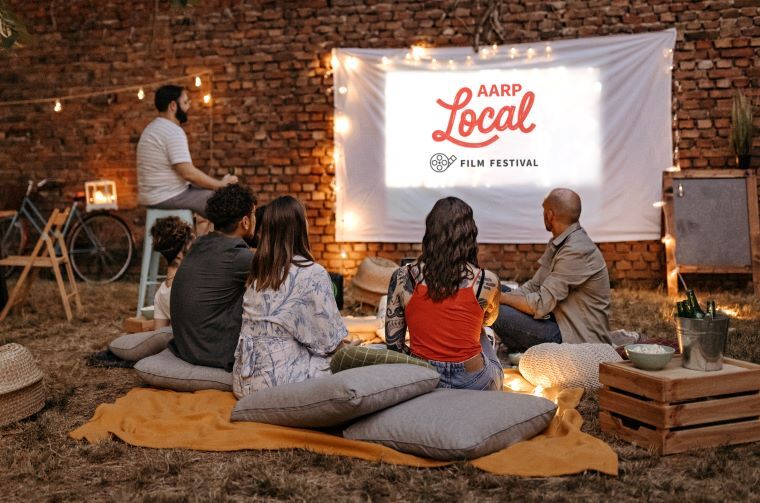AARP Eye Center
CLOSE ×
Search
Popular Searches
Suggested Links
Helping connect Minnesotans to resources that help them save money and live their best life
The AARP Brain Health Resource Center provides information to help you understand brain health and build awareness through research, reports and tips.
Scammers and identity thieves will stop at nothing to steal personal information and money from their victims - even digging through trash. That's why shredding your documents with sensitive information is a recommended practice.
Annual Award Recognizes Those Who Make a Powerful Difference in Their Community
Minnesota: Find upcoming election dates, registration deadlines and options for voting, such as voting by mail, early voting or voting with a disability.
Find free online and in-person local events designed with you in mind. Discover fun exercise classes, healthy cooking demos, helpful workshops, and more.
Advocating for what is important to our members and giving you a voice at the state and federal levels is a priority for AARP Minnesota. Your voice matters. We work with local organizations and town and city officials on making our communities more livable and greater places to age with dignity and purpose.
A walking program, organized by Age-Friendly Northfield, aims to support healthier living for people of all ages. It's one of many projects and activities in the state focused on making Minnesota more age-friendly.
In 2023, the Minnesota Legislature passed a law directing the Secretary of State to conduct a study of issues related to voter engagement, education, and improvements to the election system. A survey on voting in Minnesota is the first opportunity for the public to provide input on whether they vote, where they get information about how to vote, barriers they face when voting, and other items. The Office of the Secretary of State (OSS) asked Management Analysis and Development (MAD) to conduct this survey to gather initial public input and comment on what works well for voters in Minnesota, what barriers voters face, and what improvements could be made to the voting process.
As the snow melts and spring blooms in the Land of 10,000 Lakes, AARP Minnesota is turning up the heat at the state Capitol. Our mission? To amplify your voice, champion your rights, and make sure your concerns are heard loud and clear by lawmakers. AARP Minnesota is advocating for what is important to our members and giving you a voice at the state and federal levels.
Minnesota: Encuentra información sobre las fechas de las próximas elecciones, fechas límite para registrarte y las distintas opciones para votar, como el voto por correo, adelantado o cómo ejercer tu derecho cuando tienes una discapacidad.
If people need an extra incentive to take a walk, chatting with a doctor might be the solution.
AARP Minnesota State Office
AARP's state tax guide on 2023 Minnesota tax rates for income, property, retirement and more for retirees and residents over 50.
Americans reported $9 billion in losses to fraud in 2022—from fake sweepstakes to romance scams. In the current legislative session, AARP Minnesota is pressing state lawmakers to pass a bill that would create a state-level restitution fund for fraud victims. AARP is also targeting 40-year home contracts.
Search AARP Minnesota
Connecting you to what matters most, like neighbors do. Find events, volunteer opportunities and more near you.
Sign Up & Stay Connected
Sections
Contact AARP Minnesota
Contact information and more from your state office. Learn what we are doing to champion social change and help you live your best life.


























































